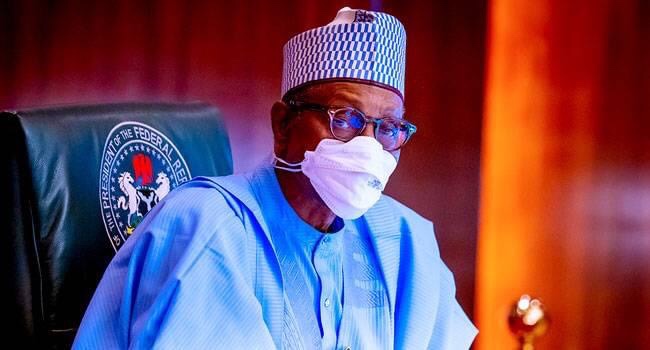From Emmanuel Iyoho
ABUJA
In a bid to ensure peace and sustainable development in Ogoniland and the Niger Delta region, the Federal Government says it has so far trained and employed 1,337 Ogoni youths and ensured that they earned income to support their livelihood, thereby enhancing local economy.
The minister of state for environment, Sharon Ikeazor who disclosed this recently during a ministerial press briefing on the environment sector priority areas of the federal ministry,in Abuja, said a set of 400 women also commenced training by UNITAR in agribusiness at Songhai Farms.
The minister said the Federal Government engaged an alternative livelihood development for Ogoni youths, which involved women and able men as well as physically challenged as key activity recommended in the UNEP report.
According to her, both artisanal refiners and other youths are entitled to be given the opportunity to develop and expand their existing skills or acquire new skill sets to build their capacity and empowerment.
Ikeazor stated that in 2020, a set of 400 women commenced training by UNITAR in agribusiness at Songhai Farms in the areas of aquaculture, poultry, cropping and food processing.
She said Needs Assessment forms were distributed to 5000 youths in December 2021, to capture the choice skill sets of Ogoni youths, women and able men as well as physically- challenged people, explaining that the Needs Assessment forms were targeted at artisanal refiners to provide them with alternative livelihoods through acquisition of new skillsets.
Ikeazor, however, assured Nigerians that 500 community youths would be employed as local security at various HYPREP sites in Ogoniland.
On water supply in Ogoniland, the minister said in line with the UNEP recommendations, the federal ministry has accelerated the provision of potable water to hydrocarbon impacted communities in Ogoniland and is gradually achieving results.
She said in May 2021, contractors were mobilized to six sites in Alesa Eleme, Ebubu and Nsisioken, Terrabo, Gokana, Barako/B-Dere/K-Dere, and had achieved significant progress.
According to her, the communities in Alesa, Eleme Local Government Area, were now enjoying the provision of potable water supply, saying that additional 14 water projects to cover other communities in Ogoniland is undergoing procurement process.
The minister further disclosed that the procurement process for the design of Centre of Excellence for Environmental Restoration, along with an Integrated Contaminated Soil Management Centre has begun in line with UNEP recommendation.
She said, “the ministry is accelerating the remediation project, expanding on the livelihood programme of the hydrocarbon impacted communities. Preliminary remediation activities had commenced in early 2018, and work is at various stages of the remediation processes, with successes despite delays encountered.”
Ikeazor said that the project implementation status wasbetween 2019-2021 and covered three core areas, which included contaminated soil remediation, sustainable livelihood programme and potable water supply.
Recall that the cleanup of Ogoniland was flagged off byPresident Muhammadu Buhari in June 2016. The Governing Council and Board of Trustees of HYPREP (for the management of Environmental Restoration Fund for Ogoniland) were inaugurated in August 2016 and the Project Coordinator’s office was established in 2017.
The permanent secretary, Federal Ministry of Environment, Hassan Musa, an engineer, said the Federal Government’sconcern for the protection of the environment gave rise to the creation of the Federal Ministry of Environment in 1999.
This, he said was to ensure effective coordination of all environmental matters, which were hitherto fragmented and domiciled in different line Ministries.
While welcoming participants at the briefing, the permanent secretary noted that the federal Ministry of Environment has made considerable progress in addressing environmental concerns in the country, saying this has been made possible through collaboration with other MDAs, states and local governments.
“The ministry has focused on evolving innovative strategies that emphasize the use of environmental re-engineering as a veritable tool for poverty eradication, food security, sustainable economic development and improvement in the livelihood of the Nigerian populace,” Musa added.





Discussion about this post